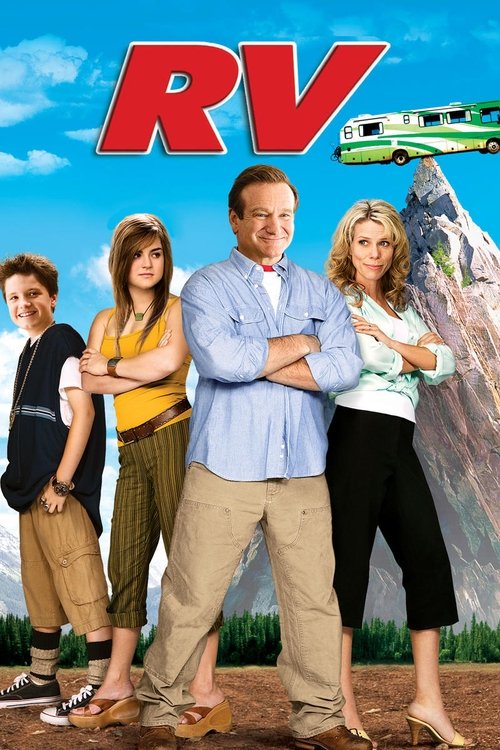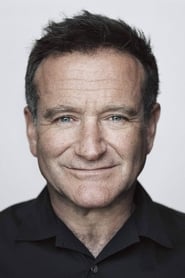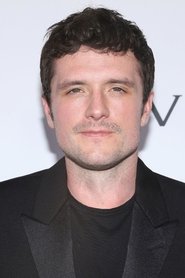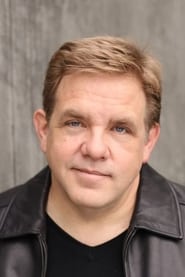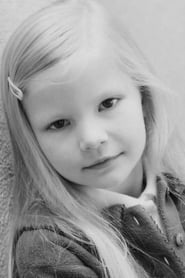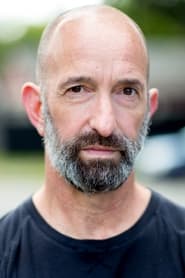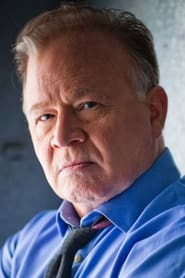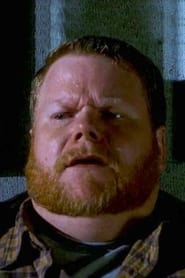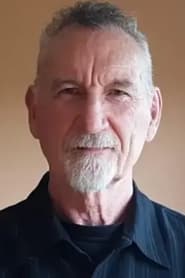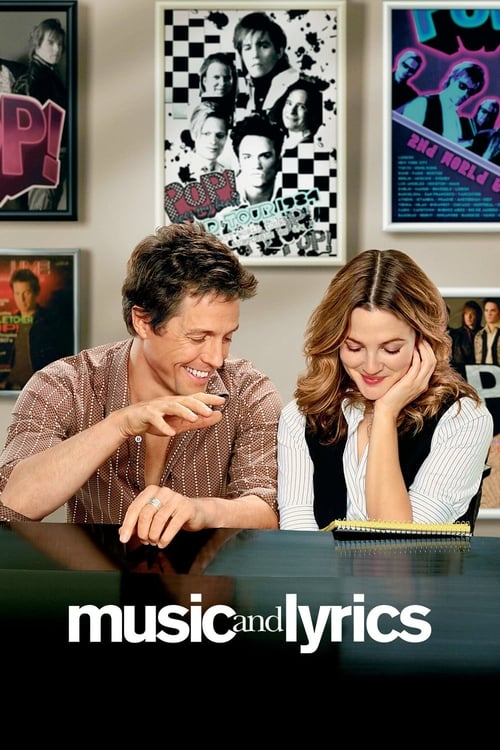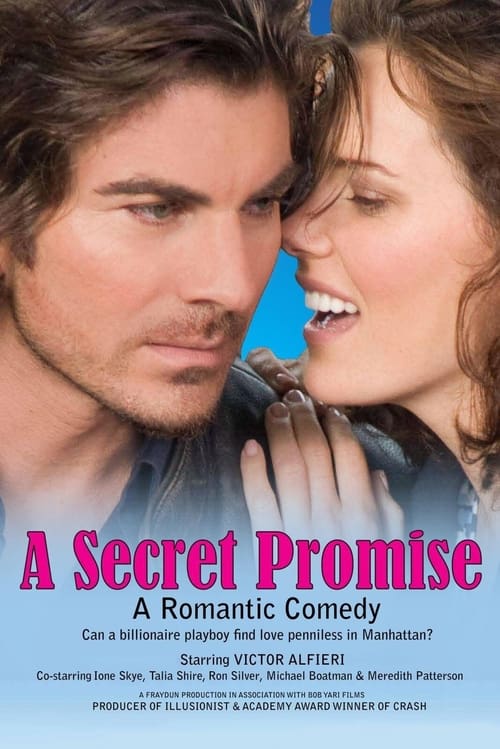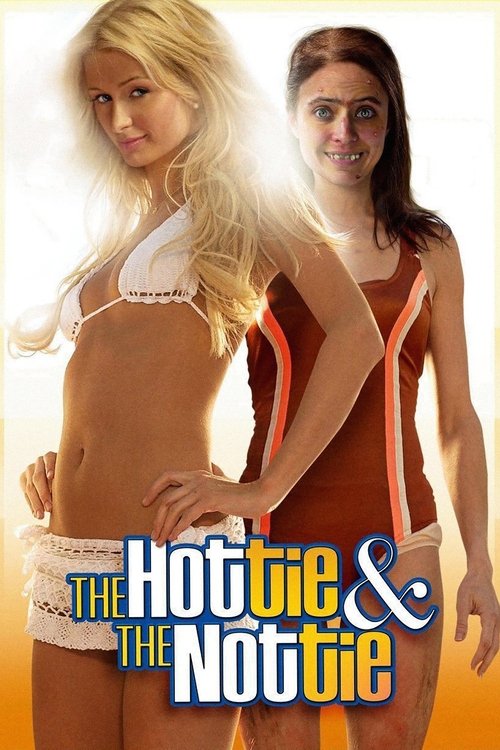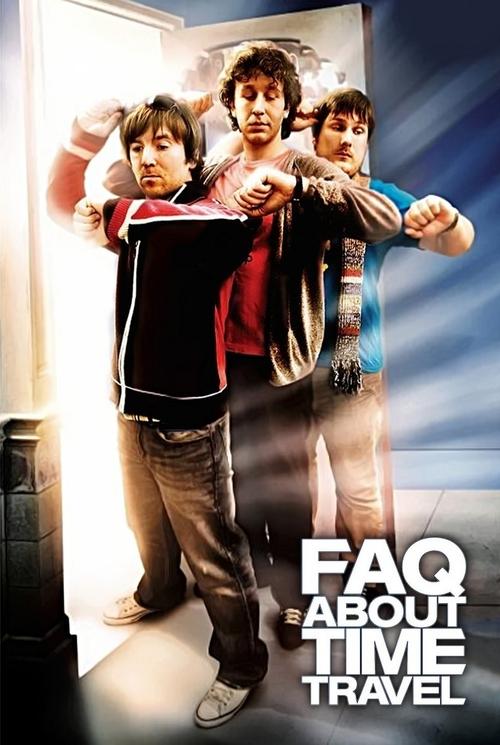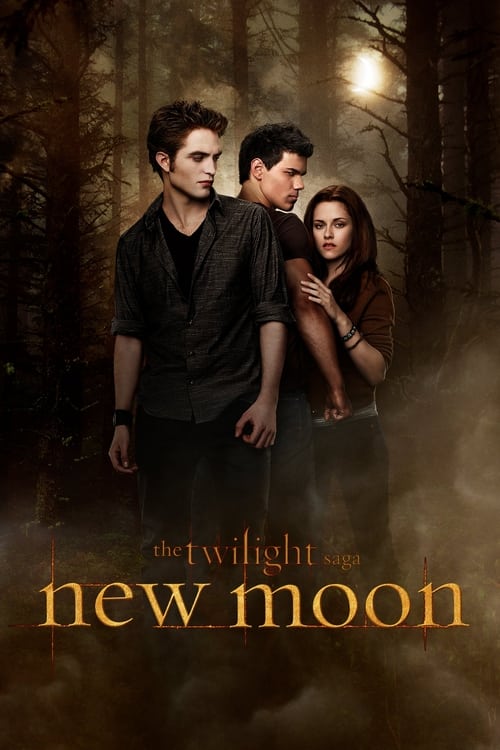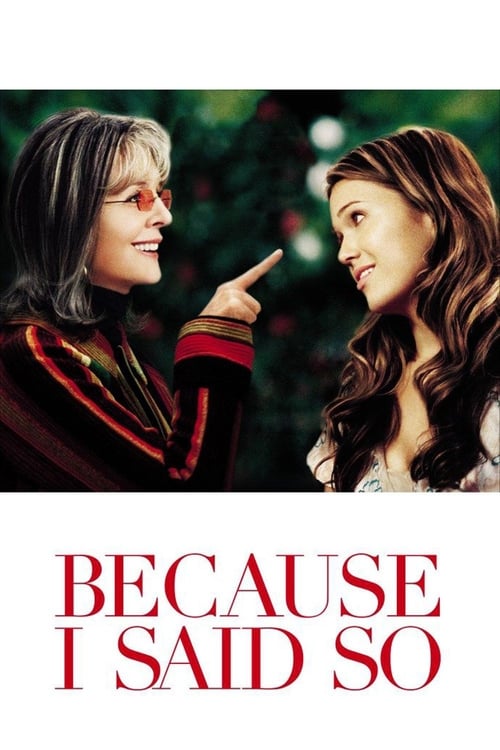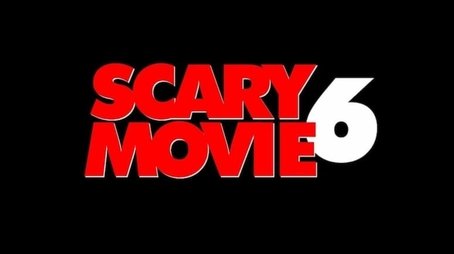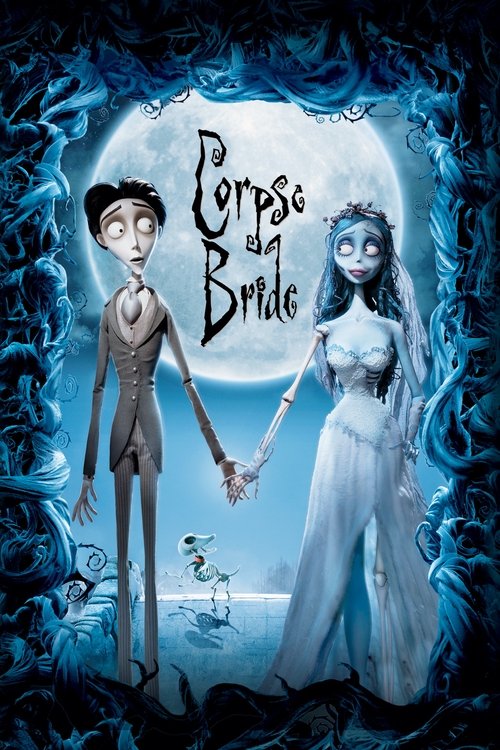
Ask Your Own Question
What is the plot?
Los Angeles, California. The sun hangs low over the city skyline, casting long shadows across the parking lot of a sleek corporate office building. Inside, the air is thick with the mingling scents of hors d'oeuvres and desperation. Bob Munro, a high-ranking executive at a major soda beverage company, stands at the edge of a crowded office party, his smile tight, his eyes darting between his colleagues and his phone. He's a man stretched thin--between the demands of his job, the expectations of his family, and the gnawing sense that he's losing control. His wife, Jamie Munro, stands nearby, her arms crossed, her expression a mix of boredom and mild irritation. Their teenage daughter, Cassie Munro, rolls her eyes at the corporate small talk, while their younger son, Carl Munro, fidgets with his headphones, lost in the thumping bass of his favorite rap music.
The party is a disaster waiting to happen. Bob's boss, Todd Mallory, a slick, self-assured executive with a predatory grin, corners Bob near the punch bowl. "You're on thin ice, Munro," Todd says, his voice low and dangerous. "If you want to keep your job, you'll be in Boulder next week. There's a meeting. A big one. You'll be presenting the takeover proposal for Alpine Soda. No excuses." Bob's stomach drops. The family's long-planned vacation to Hawaii is scheduled for that exact week. He tries to protest, but Todd cuts him off. "No. It's not negotiable. You're going to Colorado, or you're out."
Back home, Bob faces another challenge. He gathers his family in the living room, his voice strained with forced enthusiasm. "Change of plans," he announces. "Hawaii's out. We're going on an RV trip to the Colorado Rockies." Jamie raises an eyebrow. "An RV? You're kidding." Cassie groans. "Great. Just what I always wanted--three weeks in a rolling tin can with my family." Carl, ever the optimist, shrugs. "Could be fun." Bob's heart sinks, but he pushes forward. He's not telling them the real reason for the trip. He can't. Not yet.
The next morning, Bob stands in a dusty RV rental lot, negotiating with Irv, a shady dealer with a greasy smile and a suspiciously low price. The RV is enormous, a garish, multi-colored monstrosity that looks like it's seen better days. "She's a beauty," Irv says, patting the side of the vehicle. "Runs like a dream." Bob isn't convinced, but he signs the paperwork. As he drives the RV out of the lot, the parking brake groans ominously. He makes a mental note to check it later.
The Munros pile into the RV, their faces a mix of skepticism and resignation. Bob fumbles with the controls, his inexperience obvious. The GPS navigation device chirps with cheerful, incorrect directions. "Turn left in 500 feet," it says, as Bob nearly sideswipes a gas station. Jamie grips the armrest, her knuckles white. "Bob, are you sure you know what you're doing?" "Of course," Bob replies, his voice tight. "It's just like driving a car. Only bigger."
The first stop is a campground in Nevada. The family is already frayed, their nerves worn thin by the cramped quarters and Bob's driving. Bob attempts a simple K-turn, but the RV lurches, scraping against a picnic table. The parking brake, already weakened, gives out completely. They have to prop the wheels with large stones every time they park. The tension mounts.
That night, disaster strikes. The RV's septic system clogs, and the sewer dump overflows. Bob, armed with a wrench and a grim determination, tries to fix it. The other campers watch with a mixture of amusement and horror as Bob wrestles with the hose, his face splattered with unsavory residue. "It's just a little mess," he mutters, his voice strained. "Nothing we can't handle." But the pipe bursts, spraying sewage across the dumping site. The family watches in stunned silence, their vacation spiraling further out of control.
The next day, the RV is invaded by raccoons. The family fumigates the vehicle with stink bombs, their eyes watering as the acrid smoke fills the air. "This is not what I signed up for," Jamie says, her voice muffled by a towel over her nose. Cassie and Carl exchange a look of shared misery. Bob tries to lighten the mood, but his jokes fall flat.
Along the way, they meet the Gornicke family--a cloyingly friendly clan of full-time RVers. Travis Gornicke, Mary Jo Gornicke, and their three children, Earl, Billy, and their daughter, are the epitome of RV culture: cheerful, resourceful, and utterly relentless. The Munros try to distance themselves, but the Gornickes seem to show up at every turn, their presence a constant, grating reminder of the Munros' own dysfunction.
As they approach Colorado, the Munros begin to reconnect. The beauty of the Rocky Mountains works its magic, softening their edges. They hike, they laugh, they share moments of genuine connection. Bob, for the first time in years, feels a flicker of hope. But the tension returns as they near Boulder. Bob knows he must slip away to attend the Alpine Soda meeting. He fakes an upset stomach, sending his family on a hike while he drives to the meeting.
The meeting is promising. The Alpine Soda owners are receptive, their company a small, independent brand with a loyal following. Bob pitches the takeover, his words smooth and practiced. But as he drives back, a traffic jam forces him onto a treacherous four-wheel-drive trail. The RV, battered and unreliable, becomes high-centered on a boulder. Bob struggles to free it, the image of the movie poster come to life--a vehicle stranded in the wilderness, its passengers stranded with it. With a badly battered RV, Bob returns to his unsuspecting family.
That night, Todd calls. "You need to come back tomorrow," he says. "The entire staff wants to hear your presentation." Bob's heart sinks. He knows he can't keep the truth from his family any longer. The next morning, as they prepare to leave, the RV's parking brake fails again. The vehicle rolls backward, crashing into a mountain lake. Bob stands on the shore, watching as the RV sinks beneath the water. The family stares in shock.
Bob takes a deep breath. "I have to tell you something," he says, his voice heavy. "This trip wasn't about family bonding. It was about my job. I was supposed to secure the Alpine Soda takeover. I was afraid I'd lose my job, lose everything we have." The family is silent, their faces a mix of anger and betrayal. Jamie steps forward. "You lied to us?" Bob nods. "I did. I'm sorry."
Determined, Bob dives into the lake, retrieving a bicycle from the sunken RV. "I have to make this right," he says, mounting the bike. The Gornicke family appears, offering to take the Munros to the meeting. As they drive, the two families begin to bond, their differences melting away in the face of shared adversity. Bob catches up to them, reconciling with his family.
At the Alpine Soda headquarters, Bob steps in front of the workforce. He begins his presentation, but as he speaks, he has an epiphany. He sees the passion in the employees' eyes, the pride in their brand. He realizes that Todd's plan would ruin everything they've built. "I'm not here to sell you on a takeover," Bob says, his voice firm. "I'm here to encourage your independence. You don't need Todd Mallory. You don't need anyone. You're strong enough to stand on your own."
Todd, furious, storms in. "You're fired," he says, his voice cold. Bob smiles. "I quit," he replies. "I finally know who I am."
As the Munros head home in their sodden, battered RV, they are stopped by a police officer. The Alpine Soda owners step forward, offering Bob a job overseeing their company's expansion. "We need someone who believes in us," they say. Bob accepts, his heart full.
The RV's parking brake fails once more, flattening the police car and the company owners' car. The families laugh, their bond stronger than ever.
During the credits, both families are shown dancing and singing "Route 66," their voices rising in joyful harmony. The journey is over, but the connections they've made will last a lifetime.
What is the ending?
In the ending of the movie "RV," the Munro family finally comes together after a series of misadventures in their RV trip. They manage to bond and appreciate each other, culminating in a heartfelt moment where they realize the importance of family. They return home, having learned valuable lessons about communication and togetherness.
As the story unfolds towards its conclusion, the Munro family, led by Bob Munro, finds themselves in a series of chaotic and humorous situations during their ill-fated RV trip to the Grand Canyon. After a series of mishaps, including a confrontation with the Gornick family, who they initially see as rivals, the Munros begin to understand the value of their time together.
Scene by scene, the climax begins when Bob, played by Robin Williams, finally confronts the reality of his family's disconnection. After a disastrous attempt to impress his boss, which leads to a series of comedic blunders, Bob realizes that his job has taken precedence over his family life. This moment of clarity comes when he sees his family struggling to enjoy their trip without him, highlighting the emotional distance that has grown between them.
In a pivotal scene, the Munros are stranded in the middle of a desert after their RV breaks down. This moment serves as a turning point for the family. They are forced to work together to fix the RV, and in doing so, they begin to communicate openly about their feelings and frustrations. The tension that has built up throughout the trip starts to dissipate as they share laughs and stories, rekindling their familial bonds.
As they finally get the RV running again, they head towards the Grand Canyon. The journey is filled with laughter and a sense of adventure, showcasing the beauty of their surroundings and the joy of being together. The family arrives at the Grand Canyon, where they share a moment of awe and appreciation for the natural wonder before them. This scene is visually stunning, with the vastness of the canyon symbolizing the newfound openness and connection within the family.
In the final moments of the film, the Munros return home, transformed by their experiences. Bob's relationship with his wife, Jamie, and their children, Cassie and Kyle, has improved significantly. They have learned to prioritize each other over their individual pursuits. The film closes with a sense of unity and love, as they reflect on their journey and the lessons learned.
Bob, Jamie, Cassie, and Kyle all emerge from the trip with a deeper understanding of one another. Bob has come to appreciate the importance of family over work, Jamie has found her voice in the family dynamic, and the children have learned to value their time together. The Gornick family, who initially seemed like adversaries, also play a role in the Munros' journey, as they ultimately come together in a shared experience of family and adventure.
The ending of "RV" encapsulates the film's central themes of family, communication, and the importance of taking time to connect with loved ones, leaving the audience with a heartwarming sense of resolution and hope for the future of the Munro family.
Is there a post-credit scene?
In the movie "RV," produced in 2006, there is no post-credit scene. The film concludes with the main storyline wrapping up as the Munro family returns home after their chaotic road trip in the RV. The final moments focus on the family's newfound appreciation for each other and the experiences they shared during their adventure. The credits roll without any additional scenes or content following them.
What challenges does the Munro family face while traveling in the RV?
The Munro family faces a series of comedic and chaotic challenges while traveling in the RV, including mechanical failures, getting lost, and dealing with the eccentricities of fellow RV travelers. They struggle with cramped living conditions, the difficulties of navigating unfamiliar terrain, and the pressure of maintaining family dynamics under stress.
How does Bob Munro's character evolve throughout the film?
Bob Munro starts as a workaholic father who is disconnected from his family, prioritizing his job over quality time with them. As the journey progresses, he faces various mishaps that force him to confront his priorities. His character evolves as he learns to appreciate family bonding, ultimately realizing the importance of being present and engaged with his loved ones.
What role does the character of Travis play in the story?
Travis, Bob's teenage son, initially feels embarrassed by the RV trip and is more interested in his social life and friends. Throughout the journey, he grapples with his identity and relationship with his family. His character arc includes moments of rebellion, but he ultimately comes to value the time spent with his family, especially as they face challenges together.
How does the Munro family interact with the Gornick family during their trip?
The Munro family encounters the Gornick family, who are portrayed as overly enthusiastic and competitive RV travelers. Their interactions are filled with comedic tension, as the Gornicks often showcase their RV lifestyle in a way that highlights the Munros' struggles. This rivalry serves as a catalyst for the Munros to bond and grow closer as they navigate the challenges of their trip.
What is the significance of the RV itself in the story?
The RV serves as a physical representation of the Munro family's journey, both literally and metaphorically. It symbolizes their initial disconnection and the cramped quarters force them to confront their issues. As the story unfolds, the RV becomes a space for growth, laughter, and ultimately, a deeper connection among family members, highlighting the importance of togetherness despite the chaos.
Is this family friendly?
"RV," produced in 2006, is generally considered a family-friendly film, but it does contain some scenes and themes that may be objectionable or upsetting for children or sensitive viewers. Here are a few aspects to consider:
-
Mild Language: The film includes some instances of mild profanity and crude humor that may not be suitable for younger audiences.
-
Embarrassing Situations: Several scenes involve characters in awkward or embarrassing situations, such as mishaps with the RV, which could be uncomfortable for some viewers.
-
Family Tension: The film explores themes of family conflict and miscommunication, which may resonate with some viewers but could be distressing for others, particularly children who may not fully understand the dynamics.
-
Physical Comedy: There are moments of slapstick humor that involve physical mishaps, such as falls or accidents, which might be perceived as too intense or upsetting for sensitive viewers.
-
Emotional Moments: The film touches on themes of parental pressure and the desire for family connection, which may evoke emotional responses, particularly in scenes where characters confront their feelings.
Overall, while "RV" is designed to be a lighthearted family comedy, these elements may warrant consideration for younger or more sensitive viewers.

